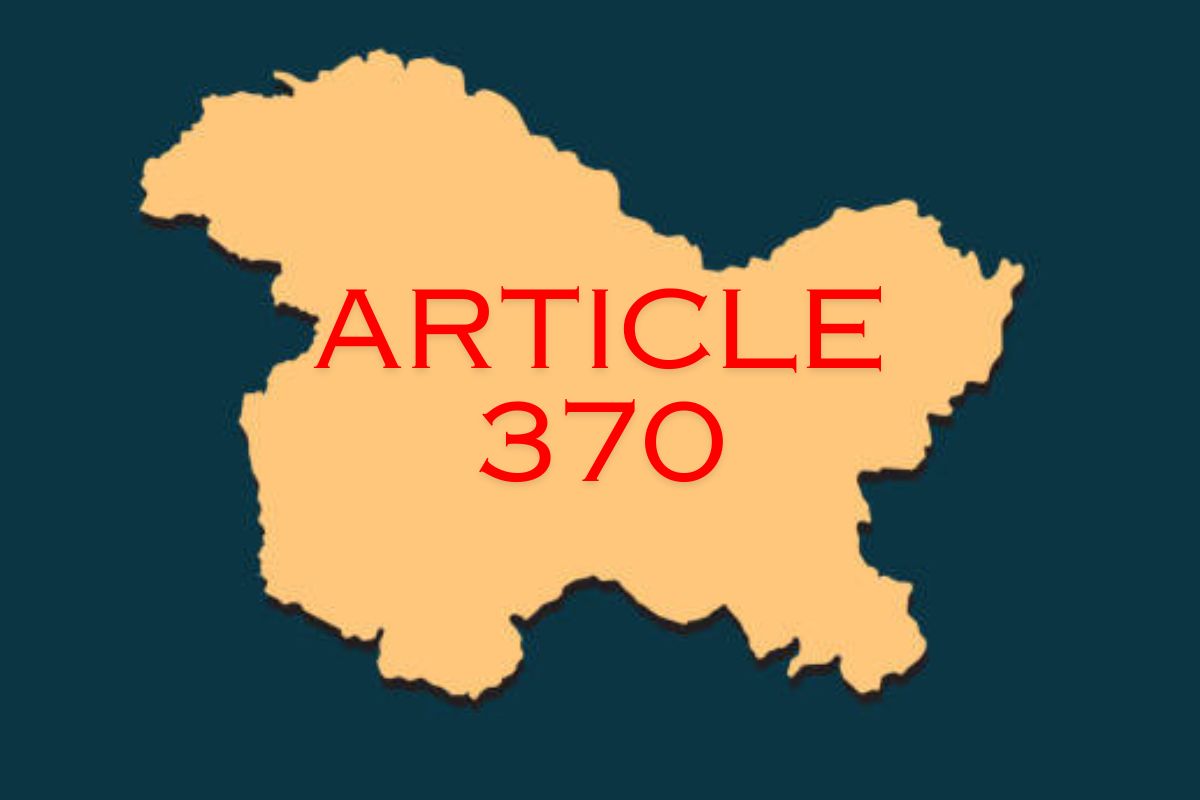A gentleman who used to be an editor asked me why I hadn’t written `an obit for 370’ after the Supreme Court’s orders. It’s frustrating to hear that sort of thing from well-informed people. For, of all the constitutional changes concerning Jammu and Kashmir, making Article 370 of India’s constitution non-operational was the least important.
I wrote two articles within hours of the changes being brought to Parliament. One focused almost exclusively on the most important change, which I called a blow to federalism. Doing away with a state (except to create two new states) was unprecedented. It might have been held to be legally untenable. The Supreme Court sidestepped adjudicating on that step, on the ground that the Government of India had already undertaken to restore statehood and to hold elections for an assembly.
The only real point the bench made was to order that those elections must be held by next September. That’s not a big deal, since the government already planned to hold assembly elections after the elections for a new Lok Sabha, which are scheduled around April 2024. That order only applies, of course, to the current union territory of Jammu and Kashmir. It will become a state, either before or after those elections, while Ladakh continues as a union territory.
Also Read: Bridging the Gender Pay Gap in India
I had written on the day the changes were introduced in August 2019 that both measures—doing away with the state, and creating two union territories—were fraught. Separating Ladakh allowed China a foot in the door. It did indeed rush to the Security Council immediately, and the PLA turned up in Ladakh as soon as that winter began to thaw.
Doing away with the state also meant junking the constitution of the erstwhile state, a constitution which clearly stated that `Jammu and Kashmir is and shall remain an integral part of India.’ It further stated that the borders of the state as ruled by Maharaja Hari Singh could not be changed. Now, those borders have been changed, and that assertion of that constitution stands nullified. All the efforts (of various sorts) during the 1950s that went into ensuring that the constituent assembly of Jammu and Kashmir voted unanimously for that assertion have gone out of the window.
370 was a dead letter already
As for Article 370, for the most part, it had lost any worthwhile value a long time ago. It was not, as most people imagined, a measure to prevent persons who were not long-time residents of the state from buying property there. That was Article 35-A, which was also removed from the Constitution. A domicile law of the sort that operates in states like Himachal Pradesh was introduced instead—into the law book rather than the constitution of the Republic.
The value of Article 370, as it had come to operate over the decades, was that the state assembly had to vote to give a stamp of approval to every law passed by Parliament before it applied to the state. For decades now, that has been routinely done.
Litigants not bothered by potential loss of forest cover
The irony about the Supreme Court proceedings is that a most impactful change in the law was made in August, while the Supreme Court was hearing this matter. After years, perhaps decades, Article 370 could have made a difference.
I am talking of the removal of forest protection from a belt a hundred kilometres from the border. Security was given as the reason for the bill, which sailed through Parliament, but the bill explicitly stated that the freed-up forest tracts in that belt could be used for tourism, safaris, etc.
That is a radical change from the past. Even the most exploitative rulers of Kashmir over the centuries gave forest protection priority. Maharaja Hari Singh was passionate about it. None of those who had challenged the constitutional changes briefed their lawyers to argue that, if Article 370 had been in place, the state assembly could have blocked the removal of forest protection. Nor did any of the litigants, who gained mileage among Leftists by challenging the integrative moves, apparently feel compelled to challenge the amendment which could expose Kashmir to large-scale deforestation. Perhaps their hearts were not in it.
Certainly, the dominant sentiment across the country has been very positive about the value of integrating the country on a co-equal basis. Even within the Kashmir Valley, I sense that most people are happy that the uncertainty of seven decades is over, and things are clear one way or another. Most people are happy when they see that no one from elsewhere is coming to settle in the Valley. Ironically, public sentiment has changed in Jammu and Ladakh, in both of which most people initially celebrated the end of Article 370. Many are concerned now about `outsiders. The story of Article 370 is well and truly over, but the statehood story is yet to unfold. Let us see what kinds of guarantees the patriotic peoples of Jammu and Ladakh can obtain.










